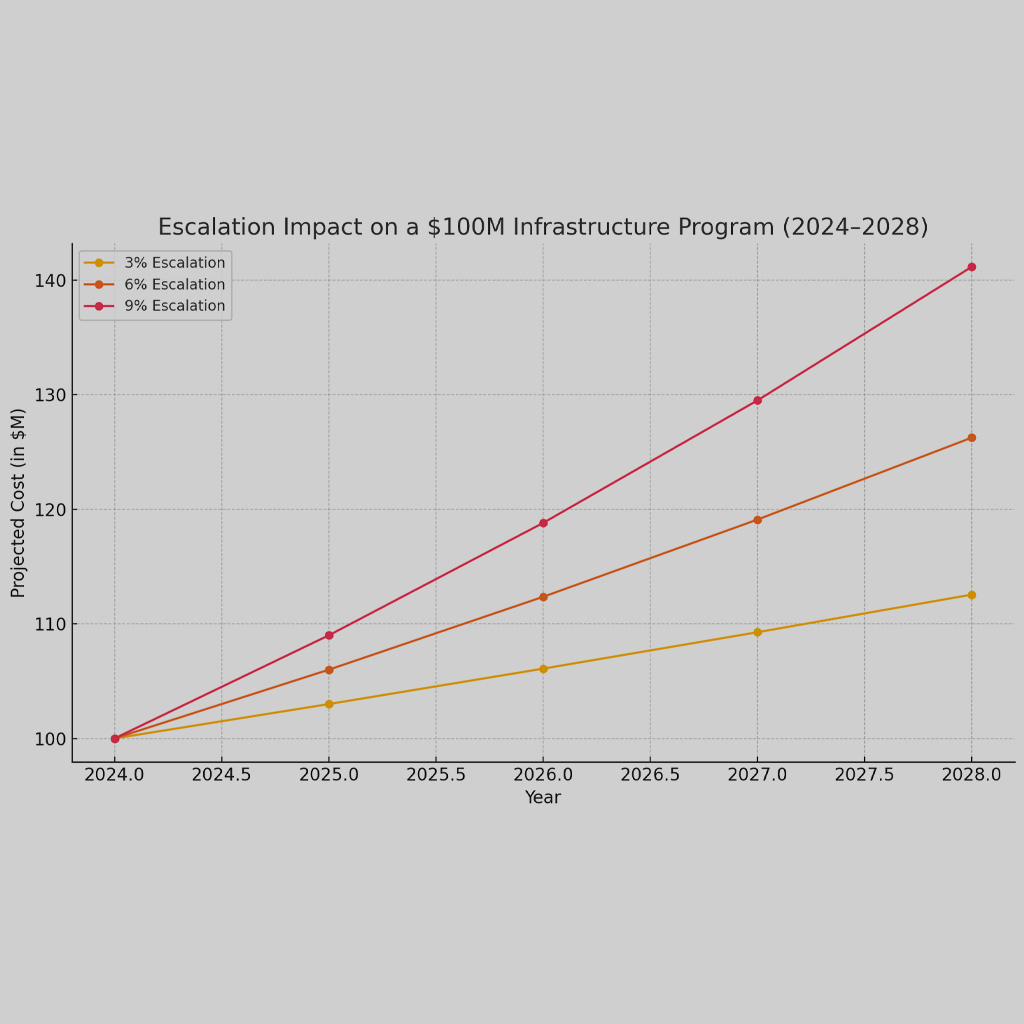Navigating the complexities of eminent domain can be a daunting task for property owners. This principle, which allows the government to acquire private land for public use—provided fair compensation is given—often leaves many scratching their heads, wondering about their rights and the next steps to take. Front Line Advisory Group recognizes the widespread confusion surrounding this topic and aims to shed light on the essential steps property owners should follow, with a special focus on resources available in Texas.
What is Eminent Domain?
Eminent domain is the government’s legal right to purchase private property for public use. The intention behind this power is to serve the greater good—be it for infrastructure projects like highways and schools or utilities and public buildings. However, the process hinges on the principle of “just compensation,” a fair market value for the land acquired.
Your Rights as a Property Owner
Understanding your rights is the first step in navigating eminent domain. Property owners are entitled to a fair negotiation process and a just compensation. If you believe the offer made by the government is not fair, you have the right to negotiate or challenge the offer in court. It’s important to be aware that you’re not just entitled to the value of the land itself but also to compensation for any depreciation in the value of your remaining property.
Right to a Just Compensation
The cornerstone of eminent domain is that the government must provide “just compensation” for the property it acquires. This means the compensation should reflect the fair market value of the property at the time of the acquisition. It’s not just about the land’s current value; it also includes considering its highest and best use, potentially increasing its value.
Right to a Detailed Notice
You have the right to receive a detailed notice about the eminent domain proceedings. This notice should include a clear explanation of why your property is needed, how the process will proceed, and your rights within this process, including timelines and steps you can take to challenge the proceedings.
Right to Negotiate
Before any legal actions, there’s a negotiation phase where you have the right to discuss the offer with the acquiring authority. During this phase, you can present your valuation of the property, backed by evidence such as an independent appraisal, to negotiate a better compensation package.
Right to Challenge the Taking
If you believe the government’s use of eminent domain is not for a public purpose or the offered compensation is not just, you have the right to challenge the taking in court. This could involve questioning the necessity of the public project or the fairness of the proposed compensation.
Right to Legal Representation
Throughout the eminent domain process, you have the right to be represented by an attorney. Legal representation can ensure your rights are protected, help you navigate the complexities of the law, and potentially secure a better compensation package.
Steps to Take When Faced with Eminent Domain
Facing eminent domain can be less intimidating when you know the steps to take. Here’s an expanded overview of what you should do:
Understand the Offer
- Review: Carefully examine the details of the government’s offer and the documentation provided.
- Research: Look into how the compensation was calculated and what factors were considered.
Seek Legal Advice
- Consultation: Reach out to an attorney who specializes in eminent domain. A consultation can provide clarity on your situation and your rights.
- Representation: If you decide to proceed, choose a lawyer who can represent you effectively throughout the process.
Appraisal
- Independent Appraisal: Hire a certified appraiser to determine the fair market value of your property. This appraisal should consider all aspects of your property’s value, including its current use and potential for future development.
- Review: Compare the government’s offer with your appraisal to identify any discrepancies.
Negotiation
- Prepare: Gather all relevant documents, including your independent appraisal and any evidence supporting your property’s value.
- Negotiate: Engage in negotiations with the authority. Your attorney can play a crucial role in these discussions, advocating on your behalf.
Legal Action
- Decision: If negotiations do not result in a fair agreement, decide whether to proceed with legal action. This is a significant step and should be made with comprehensive advice from your attorney.
- Court Proceedings: In court, both sides will present their case, including evidence of the property’s value and the necessity of its acquisition for public use. The court will then decide on the fairness of the compensation offered.
By understanding your rights and the steps to take when facing eminent domain, you can better navigate the process and ensure that you receive fair compensation for your property.
Resources in Texas
For those in Texas seeking further guidance, there are several resources available:
- The Texas A&M Real Estate Center offers publications and research on eminent domain that are accessible to the general public.
- The State Bar of Texas provides a referral service to find attorneys with eminent domain expertise.
- Texas Department of Transportation (TxDOT) has guidelines and resources for property owners affected by roadway projects.
Navigating eminent domain requires a proactive approach. By understanding your rights, seeking expert advice, and utilizing available resources, you can ensure that you’re fairly compensated for your property. Front Line Advisory Group is committed to empowering property owners with the knowledge and tools needed to navigate these challenges effectively. Remember, while the process may seem overwhelming, you are not without rights and resources.
At Front Line Advisory Group, we are pioneers in Capital Improvement Bond Management, leveraging unparalleled expertise and deep industry insights. Our mission extends beyond consultation – we empower our clients to realize the full potential of their investments, ensuring tax dollars are put to maximum use through astute Program Management Consulting. For more information or to commence your journey towards transformative bond management, reach out to us at info@frontlineadvisorygroup.com.













